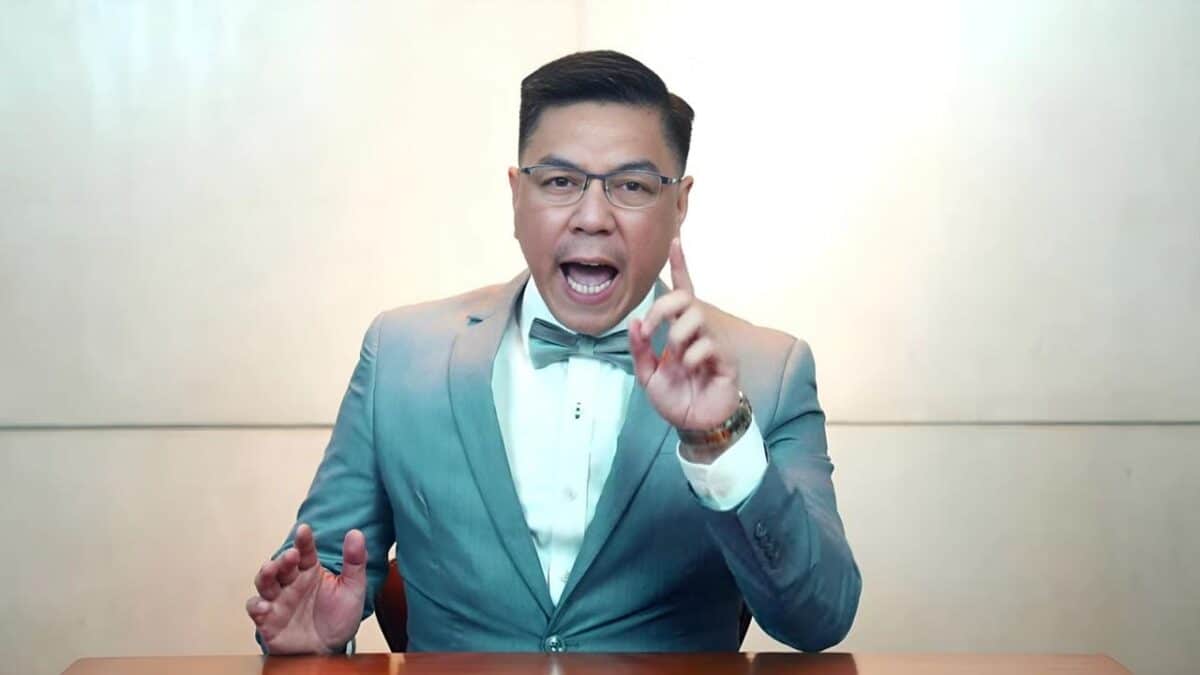
Filipinos’ deep emotional attachment to the familiar continues to hold the nation back, argues political analyst and constitutional reform advocate Orion Perez Dumdum. In his latest episode on Peanut Gallery Media Network’s YouTube channel, Dumdum says this resistance to change manifests in both governance and sports, particularly the country’s obsession with basketball—a sport he describes as fundamentally misaligned with the Filipino physique.
Watch Orion Perez Dumdum’s full episode on PGMN’s YouTube channel here.
“What essentially prevents the Philippines and Filipinos from making the rational and logical decision to replace our extremely dysfunctional and inefficient presidential system… is that emotional attachment to ‘what we’re already used to,’” Dumdum stated. He described the current system as “very dysfunctional, toxic, personality-centric, and chaotic,” emphasizing its focus on personalities rather than platforms or policies.
Dumdum drew a parallel between the presidential system’s inefficiencies and the Philippines’ fixation on basketball. “Basketball is a sport for tall people AND FILIPINOS ARE MOSTLY NOT TALL,” Dumdum pointed out, noting the country’s continued underperformance in international basketball competitions.
Despite the effort and resources poured into the sport, the Philippines has yet to send a homegrown full-fledged player to the NBA. The closest success stories—players like Jordan Clarkson and Jalen Green—are half-Filipino and raised in the US, benefiting from their non-Filipino fathers’ height.
He explained that Filipinos’ attachment to basketball mirrors the same mindset that prevents them from exploring alternatives in governance. “Filipinos have difficulty thinking about making this shift because we are just way too emotionally attached to basketball,” Dumdum said.
Similarly, the presidential system, he argued, is driven by emotional and personality-based politics rather than rational decision-making. In contrast, parliamentary systems prioritize platforms, principles, and policies. “If the top leader has made some major mistakes and starts to become a burden to his own colleagues, his own colleagues… can decide to get that top leader replaced,” Dumdum explained, pointing out how this mechanism fosters accountability.
Dumdum called for a shift in priorities, suggesting that Filipinos explore sports better suited to their natural physique, such as soccer, baseball, and gymnastics. Highlighting success stories, he pointed to Carlos Yulo’s two gold medals in gymnastics at the 2024 Paris Olympics and Hidilyn Diaz’s historic Olympic gold in weightlifting. He also cited soccer legends like Paulino Alcántara, FC Barcelona’s long-time top scorer, and Alphonse Areola, a full-blooded Filipino goalkeeper in the English Premier League, as examples of Filipinos excelling in sports where height is not a key factor.
The same principle, Dumdum argued, applies to governance. “This same mental issue of being so emotionally attached to what we are already used to is preventing us from considering a shift from our very dysfunctional, toxic, personality-centric and chaotic presidential system to moving to the much more logical, rational, platform- and party-centric parliamentary system,” he said.
Dumdum urged Filipinos to let go of attachments that don’t serve them. “Let’s not be way too emotionally stuck on stuff just because that’s what we’ve been so used to. Sticking to what doesn’t work well for us will just continue to hold us back,” he said. Dumdum argues that by shedding outdated attachments and pursuing alternatives that play to the nation’s strengths, Filipinos can unleash their true potential in governance and sports alike.

